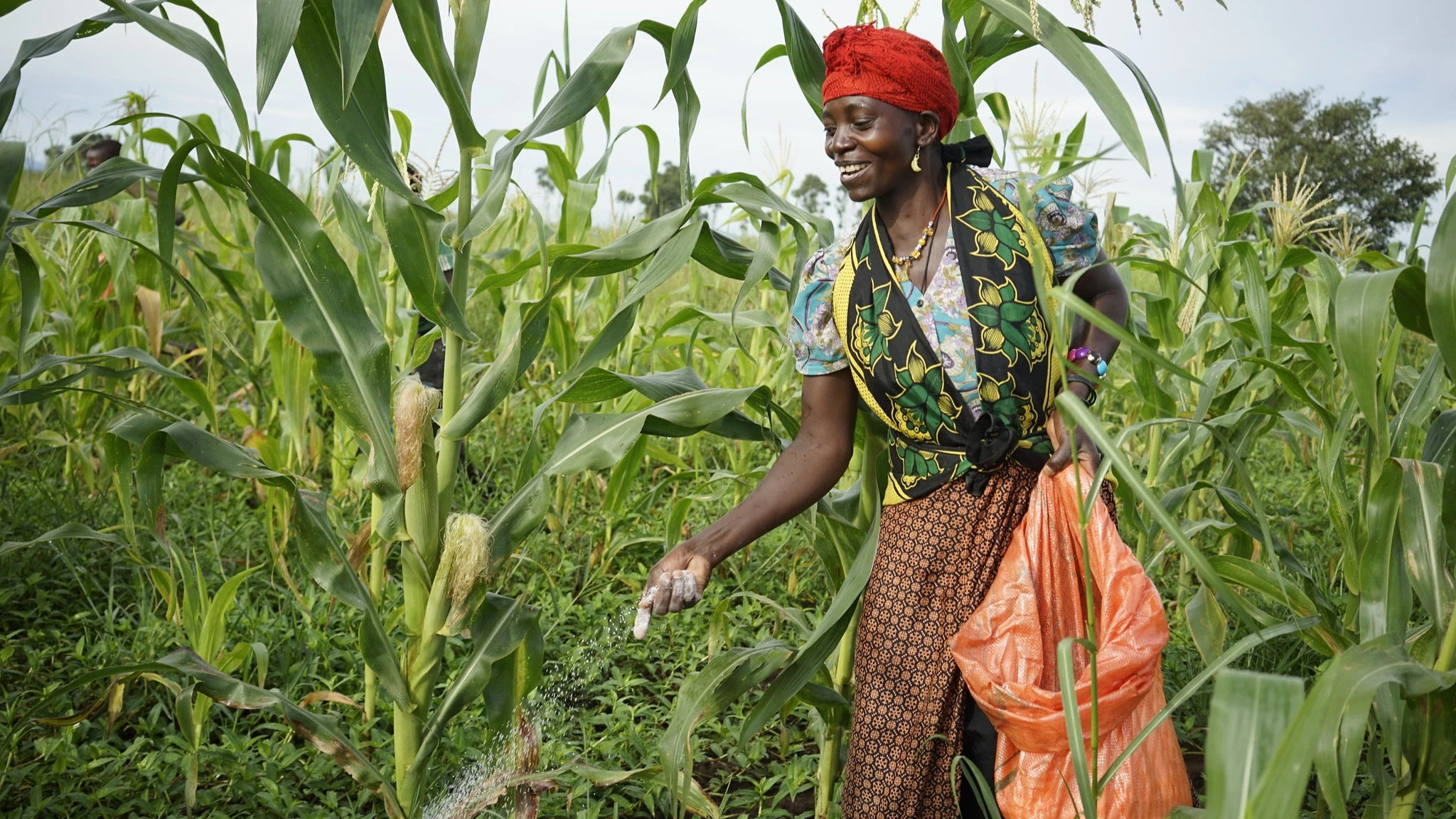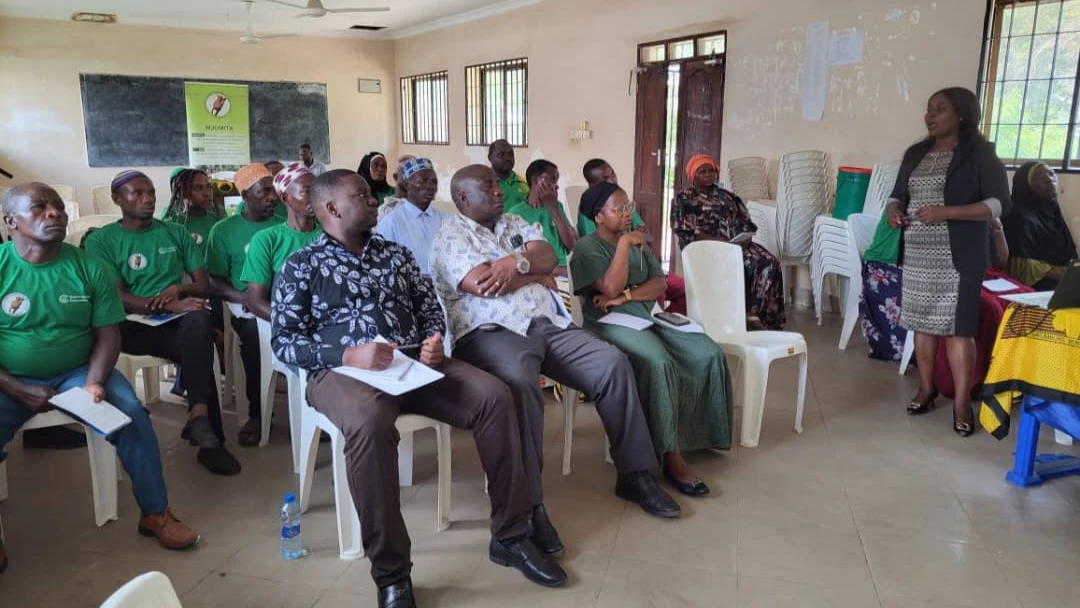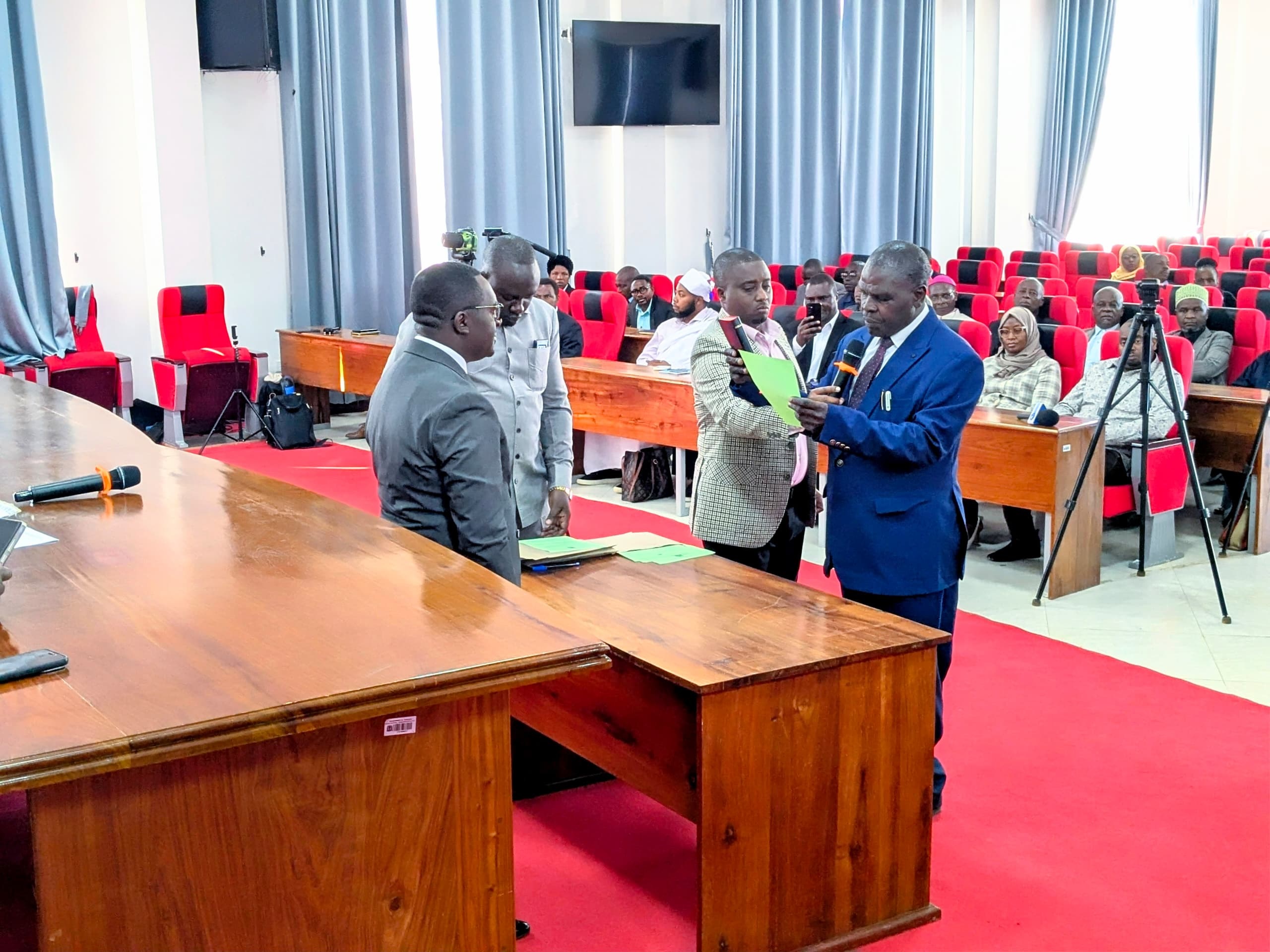Tanzania moves to scaling up circular food system for rural transformation

Tanzania is laying the groundwork for a national strategy to scale up circular food systems as a means to boost rural incomes, strengthen food security, and meet climate resilience goals—following renewed commitments made at a high-level forum in Dodoma recently.
At the Annual General Meeting (AGM) on Circular Food Systems (CFS), hosted by the Economic and Social Research Foundation (ESRF) in partnership with Ardhi University and the Food, Agriculture and Natural Resources Policy Analysis Network (FANRPAN), stakeholders outlined a roadmap to unlock finance, improve policies, and stimulate innovation in smallholder-driven enterprises.
The forum brought together policymakers from the Ministry of Agriculture, financial institutions, microfinance actors, and development partners to align efforts around building a circular economy in food production—one that reuses resources, minimizes waste, and promotes sustainable livelihoods.
“This is not just a policy discussion—it’s a transformation agenda,” said one participant from the Ministry of Agriculture. “If Tanzania is to deliver on its Vision 2050 and SDG targets, circular food systems must become the foundation of rural economic growth.”
At the heart of the discussions was an ESRF policy brief that identified critical gaps holding back rural agri-enterprises.
These include fragmented regulatory frameworks, insufficient incentives for sustainable irrigation, weak enforcement of environmental standards, and the near absence of green financing products tailored to Small, Medium, and Micro Enterprises (SMMEs).
“The small rice miller, the poultry farmer, the vegetable seedling producer—they are central to our rural economy,” said Dr. Tausi Kida, ESRF Executive Director. “Yet, they remain locked out of mainstream finance due to lack of tailored products and policy misalignment.”
The forum emphasized the importance of integrating national programmes such as the Agricultural Sector Development Programme Phase II (ASDP II) and climate finance initiatives with the needs of grassroots enterprises that contribute to food value chains.
Delegates also discussed successful examples of circular practices already in place, including smallholder irrigation schemes in Iringa’s Kiwere and Magozi areas, where farmers use efficient water systems and organic inputs to increase yields with minimal environmental impact.
“These pilots prove that circular food systems are not a theory—they are working on the ground,” said a representative from FANRPAN. “The task now is to replicate and scale them through smart finance, coordinated policy, and strong community ownership.”
The Australian Centre for International Agricultural Research (ACIAR), a key technical partner in the regional initiative, reaffirmed its support for capacity building and innovation transfer across Tanzania, Zimbabwe, and Mozambique.
The AGM concluded with stakeholders pledging to create an enabling environment for circular agribusiness.
The Ministry of Agriculture committed to reviewing its irrigation and land use policies to support integrated planning, while NEEC and select financial institutions expressed interest in piloting blended finance models for early-stage rural enterprises.
“There is momentum now,” said one ESRF economist. “We have research, we have partners, and most importantly, we have political will. The challenge is to turn these insights into coordinated investments that benefit farmers and the broader food system.”
As climate pressures intensify and Tanzania looks to diversify its rural economy, circular food systems may well become a cornerstone of sustainable development—linking innovation, finance, and grassroots entrepreneurship in a new model for agricultural transformation.
Top Headlines
© 2025 IPPMEDIA.COM. ALL RIGHTS RESERVED

























